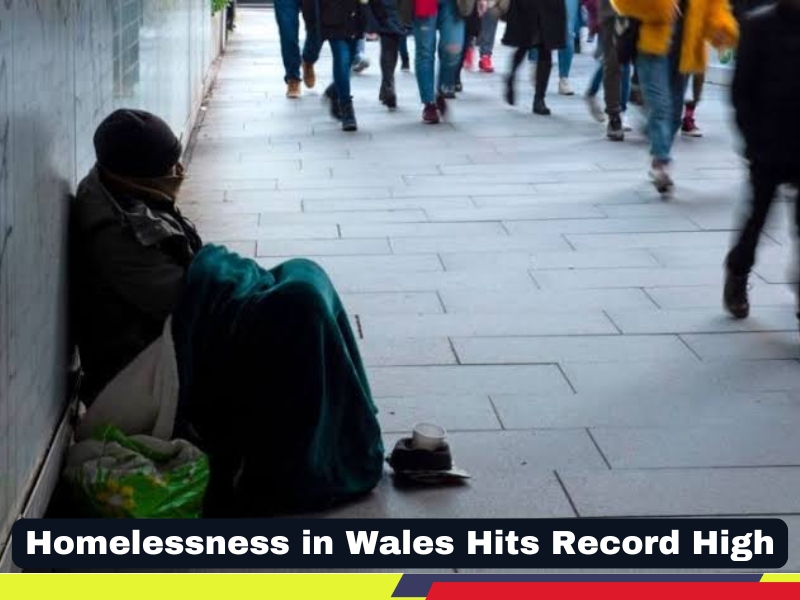Wales is facing a homelessness crisis, with the number of people living in temporary accommodation reaching unprecedented levels. In 2023-24, 6,447 households—an 18% increase from the previous year—are residing in temporary setups like bed and breakfasts. Behind these statistics are real stories of resilience and struggle, like that of *Charmaine Denton, whose journey highlights the human toll of this growing issue.
Charmaine’s Story: A Life on Hold
At 38 years old, Charmaine Denton has spent more than three years in supported housing provided by The Wallich, a homeless charity. Despite her determination to rebuild her life, she describes feeling like her life is “on hold,” with mental health challenges exacerbated by the uncertainty of her living situation.
Charmaine’s journey into homelessness began in her childhood, moving into care at three and experiencing her first bout of temporary accommodation at just 14. By 16, she was living alone in her first flat—an arrangement she admits she wasn’t ready for.
“You don’t recognize you’re going to be really heavily into drugs when you’re 16,” she shared, reflecting on her struggles with addiction, which led to the loss of her flat, a prison sentence, and nights spent sleeping on the streets.
Now in recovery, Charmaine is ready to give back to her community through voluntary work. However, like thousands of others in Wales, her progress is stalled as she waits for permanent housing.
The Homelessness Crisis in Wales: The Numbers
Homelessness in Wales has reached its highest level since 2015, with 13,539 households identified as homeless in 2023-24—an 8% increase from the previous year. Temporary accommodation, once a short-term solution, has become a long-term reality for many, including families with children.
According to the Bevan Foundation think tank:
- One in every 215 households in Wales lives in temporary accommodation.
- Six in every 1,000 children are affected.
These figures paint a sobering picture of a growing crisis that disproportionately impacts vulnerable populations.
The Bottleneck in Temporary Housing
One of the significant challenges is the bottleneck in temporary housing. Jamie-Lee Cole from The Wallich describes the “swelling” demand for accommodations with limited options to move people into permanent homes.
This bottleneck has far-reaching consequences:
- For individuals like Charmaine, it affects mental health and disrupts the stability needed to rebuild their lives.
- For others, it increases the risk of relapse into substance abuse or reoffending.
Charmaine’s Message of Hope
Despite her challenges, Charmaine views her past not as a burden but as a source of strength. She aspires to transform her experiences into something positive, inspiring others to overcome adversity.
“My past made me stronger. I don’t look at it as bad—I look at it as experience,” she said.
This Christmas will mark her fourth in temporary accommodation, but she remains hopeful for a brighter future.
What Needs to Be Done?
To address this crisis, a multi-faceted approach is necessary:
- Increased investment in affordable housing to reduce the backlog in temporary accommodation.
- Enhanced support services for those transitioning out of homelessness to ensure long-term stability.
- Policy reforms that prioritize housing as a fundamental right for all.
Conclusion
The homelessness crisis in Wales is more than a statistic; it’s a human issue impacting thousands of lives. Stories like Charmaine’s remind us of the resilience of the human spirit and the urgent need for systemic solutions.
As we enter another holiday season, the message is clear: everyone deserves a place to call home.
This blog includes keywords such as homelessness in Wales, temporary accommodation in Wales, housing crisis 2023, and The Wallich charity, optimizing it for SEO and providing a compelling narrative to engage readers.




